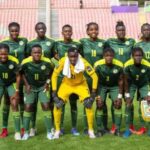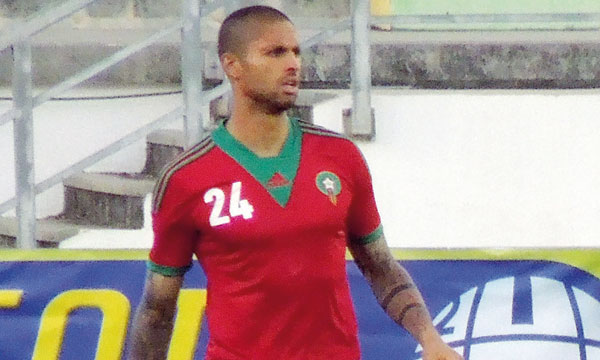Nineteen-year-old midfielder Sean Fusire has confirmed his commitment to represent Zimbabwe at international level, despite being born and raised in England and eligible to play for the Three Lions.
Fusire, who currently plays for Sheffield Wednesday in the EFL Championship, has chosen to don the jersey of the Zimbabwean national team—the Brave Warriors—following discussions with representatives from the Zimbabwe Football Association (ZIFA).
His decision marks a significant moment not only in his young career but also for Zimbabwean football, as the nation continues to tap into its diaspora talent pool.
The confirmation came through Marshall Gore, chairman of ZIFA’s global and diaspora committee, who recently met with the midfielder to finalise his intent to switch international allegiance.
Gore praised the youngster’s enthusiasm and sense of national pride, highlighting the importance of this decision for the future of Zimbabwean football.
“Sean is fully committed to representing Zimbabwe,” Gore said following their meeting. “His heart is with the Brave Warriors, and he’s excited about the opportunity to contribute to the team’s journey.”
Fusire’s roots trace back to Zimbabwe through his family, although he was born and raised in Sheffield, where he also began his footballing journey.
He rose through the youth ranks at Sheffield Wednesday, eventually earning a spot in the first team. Known for his composure on the ball, positional intelligence, and tireless work rate, the teenager has been touted as one of the club’s most promising prospects.
His decision to represent Zimbabwe comes at a time when dual-nationality players are increasingly being courted by African national teams. For Fusire, the choice appears to be deeply personal, shaped by a connection to his heritage and a desire to make an impact where it may be most meaningful.
The development also reflects a broader strategy by Zimbabwe’s football authorities, who have been actively engaging with players of Zimbabwean descent living abroad.
The aim is to strengthen the national squad by incorporating talent developed in international systems, particularly those in Europe.
Fusire’s inclusion is expected to inject youthful energy and technical quality into the Brave Warriors midfield. While the exact timeline for his debut has yet to be confirmed, it is understood that plans are underway to integrate him into the national setup during upcoming fixtures, potentially as early as the next international break.
The midfielder’s decision is not without its implications. By choosing Zimbabwe, Fusire forgoes any future opportunity to represent England—a team he was eligible for by birth and residency.
However, with fierce competition for places in the England setup and a strong emotional link to Zimbabwe, the move could provide him with greater international opportunities and a prominent role on the pitch.
For Zimbabwe, securing a player of Fusire’s calibre is a symbolic and strategic win. It sends a message that the national team is a viable and attractive option for diaspora talent, many of whom may feel underrepresented in their countries of birth.
As Fusire prepares to take the next step in his career, eyes will now turn to how he adapts to the demands of international football. For both the player and the Zimbabwean national team, this could mark the beginning of a mutually rewarding chapter.











